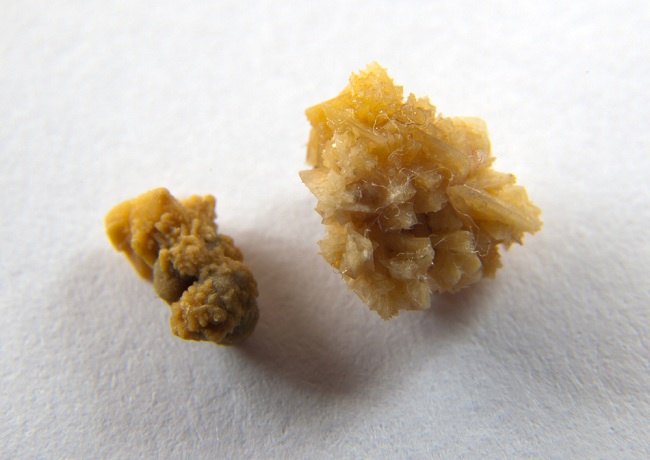Its sweet, slightly sour, and refreshing taste makes grapes loved by many people, including children. However, did you know? Behind the delicious taste, grapes are rich in nutrients that can provide a variety of benefits for children's health, you know.
Grapes, whether they are red, green, purple, or black, can be a healthy and delicious snack choice. This fruit also does not need to be peeled or cut first after washing, so it is practical for consumption by children.

Nutrients that are abundant in grapes include fiber, vitamin C, vitamin K, minerals, and a number of active compounds that can act as antioxidants.
Benefits of Grapes for Children's Health
Because of its nutritional content, grapes are highly recommended for mothers to give to their little ones. Some of the benefits that children can get from eating grapes include:
1. Protects against infection
Grapes are rich in vitamin C and polyphenol antioxidants which play an important role in strengthening the body's immune cells. In addition, this fruit also contains the antioxidant resveratrol which is thought to be able to fight viruses and bacteria that contaminate food.
2. Maintain eye health
The antioxidant content of lutein and zeaxanthin grapes have benefits for maintaining the health of children's eyes. From a study, it is proven that these two ingredients can increase visibility, visual acuity, and eye power to see bright light.
3. Supports digestive system health
The fiber and water content in grapes can help smooth the movement of the child's digestive system, so that your little one's bowel movements become more regular.
In addition, the antioxidants in grapes are known to support the development of good bacteria in the gut, which is not only beneficial for the health of your little one's intestines but also his body as a whole.
4. Improve brain health
Resveratrol in grapes is also known to maintain healthy nerve cells in children's brains and protect them from brain damage that may occur with age. This function is also known to be useful for improving memory.
5. Maintain healthy skin and hair
Grapes contain lots of vitamin E which is beneficial for maintaining healthy skin. Even so, the content of vitamin E is mostly found in the seeds. If you want to give grapes and seeds to your little one, you can serve it in a mashed form, for example with a blender.
Grapes are fruits that contain a lot of water, so the consumption of this fruit can help hydrate the skin. In addition, the active compounds in grapes can help maintain healthy hair by increasing blood flow to the scalp.
6. Supports bone growth and strength
The content of vitamin K in grapes is useful for maintaining bone health by supporting bone growth and density. Several studies have also found that adequate intake of vitamin K can strengthen bones and reduce the risk of fractures.
Because grapes provide many benefits for children's health, you can start giving this fruit to your little one as a healthy snack. Besides being delicious to eat directly, grapes are also delicious processed into various foods, such as cakes, puddings, fruit salads, juices, and ice cream.
If you give your little one whole grapes, supervise him while he eats. The reason is, the small and round shape of the grapes can increase the risk of a child choking. In addition, although rare, grapes can cause allergic reactions. So, watch out for signs of allergies when you first give wine to your little one.
If you want to know what other fruit is good besides grapes for children's health, don't hesitate to ask the doctor during a routine visit to check the health and growth of your little one, okay?









